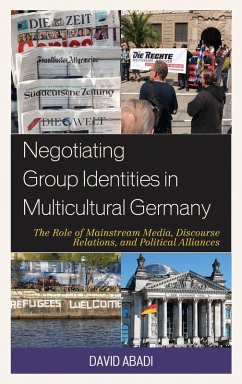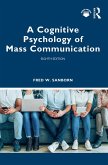This book scrutinizes the media portrayals of (ethnic/religious) minorities in Germany, encompassing the fields of public affairs, media effects, political communication, multiculturalism, populism in the media and politicized uses of collective identities. It compares the political discourse (Bundestag plenary protocols) with the mainstream discourse (mainstream press) in Germany over the sample period of 2009-2015, and explores a multi-layered debate from different perspectives by combining quantitative and qualitative methodologies. Moreover, this research intends to detect, analyze and connect the dots between recurrent themes, news stories, actors, events and ideologies within the delicate debate on minorities in Germany's multicultural society. The mixed-methods approach includes content analysis, template analysis, relational discourse analysis, latent class cluster analysis and multinomial logistic regression. The interdisciplinary approach of this research presents various aspects of social sciences, such as media and communication studies (agenda-setting theory), social psychology (social-identity theory), media sociology (discursive power), political science (right-wing populism) and anthropology (race and ethnicity). This extensive research is meant to contribute to existing political efforts and academic studies, in order to fully grasp the dynamics of German immigration and integration policies.
Bitte wählen Sie Ihr Anliegen aus.
Rechnungen
Retourenschein anfordern
Bestellstatus
Storno









